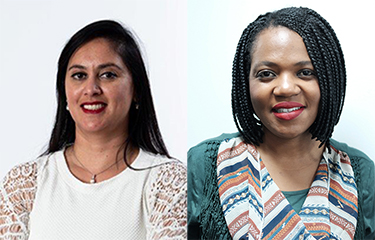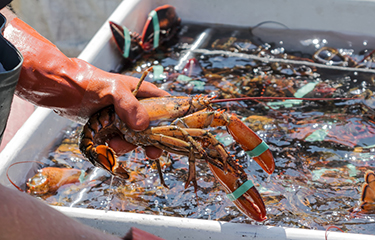Pebble probe: Cantwell calls on US Justice Department to investigate

U.S. Senator Maria Cantwell (D-Washington) called for a federal investigation of the testimony and documents submitted by Pebble Partnership CEO Tom Collier and other executives in support of the proposed Pebble Mine in Alaska's Bristol Bay region.
On Tuesday, 29 September, Cantwell called for a Justice Department investigation into possible discrepancies between comments made by Collier and Donald Thiessen, president and CEO of Pebble's parent company Northern Dynasty Minerals, on a series of recorded video calls and how they characterized the project’s scope and plans in legally binding federal documents, as well as in congressional testimony.
The Pebble Tapes, as they are being called, resulted in Collier's resignation as CEO of the Pebble Partnership.
“The Pebble Tapes make one thing very clear: The Pebble Limited Partnership will stop at nothing to build their disastrous mine, even if it means lying on their permit application, deceiving their investors, or possibly perjuring themselves in front of Congress," Cantwell said in a statement released on Tuesday, 29 September. "The Department of Justice should investigate what is disclosed in these disturbing Pebble Tapes."
Collier testified at a House Transportation and Infrastructure Committee hearing in October 2019 that “Pebble has no current plans, in this application or in any other way, for expansion."
The tapes, however, "reveal Pebble’s apparent plans to use the infrastructure included in its mine plan to open up other expansive [swaths] of western Alaska to mining, including through the activation of the Donlin Mine, a project that already has federal permits and could become economically viable overnight if the Pebble project is approved," the Environmental Investigation Agency said when it released the tapes.
“Bristol Bay is grateful for Senator Maria Cantwell’s call for action. She continues to be a much appreciated champion for our fishery," United Tribes of Bristol Bay Executive Director Alannah Hurley said.
Hurley testified at the same October 2019 hearing that is now under scrutiny. Collier also submitted written testimony for the hearing.
In response to the Pebble Tapes, U.S. Sens. Lisa Murkowski and Dan Sullivan (both R-Alaska), denied silently acquiescing to the project, as suggested in the recordings. Alaska Governor Mike Dunleavy, also a Republican, said Collier and Thiessen had "embellished their relationships with state and federal officials."
However, none of Alaska's delegation has called for further action in response to the tapes, and neither senators' offices responded to requests for comment by press time.
Cantwell's call for an investigation "makes the inaction of our own Alaskan senators even more notable and disappointing, their words are meaningless without action," Hurley added. "We need them to step up now for Alaskans and act to stop this toxic mine from devastating the Bristol Bay fishery.”
This is not the first time Cantwell has called for an investigation into Pebble. In 2013, she requested the Securities and Exchange Commission investigate whether the company misled investors with contradictory statements in company filings. In January 2014, she called on the administration of former U.S. President Barack Obama to protect Bristol Bay after a report showed the proposed mine would threaten salmon runs, thereby and damaging the region's commercial, subsistence, and recreational fishing sectors. Those protections were drawn down under the Trump administration, which allowed the permitting process to continue.
Photo courtesy of Jerry Fraser/National Fisherman







